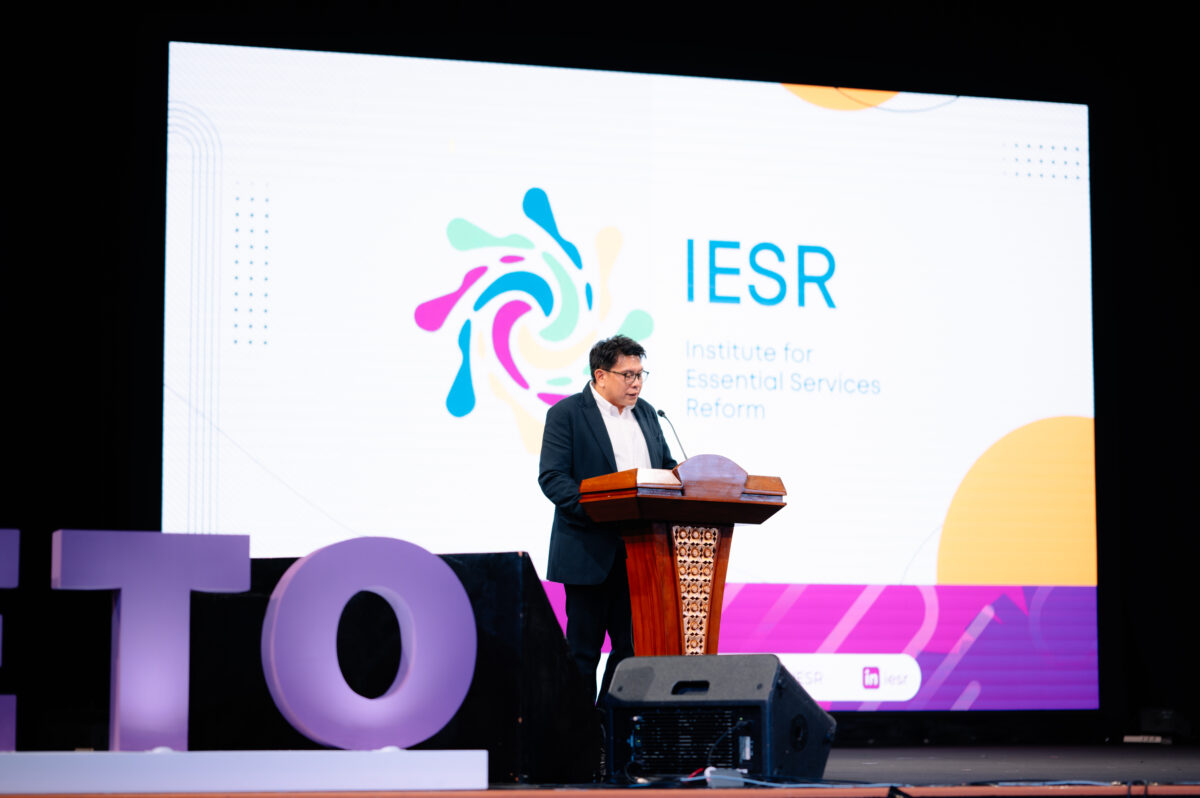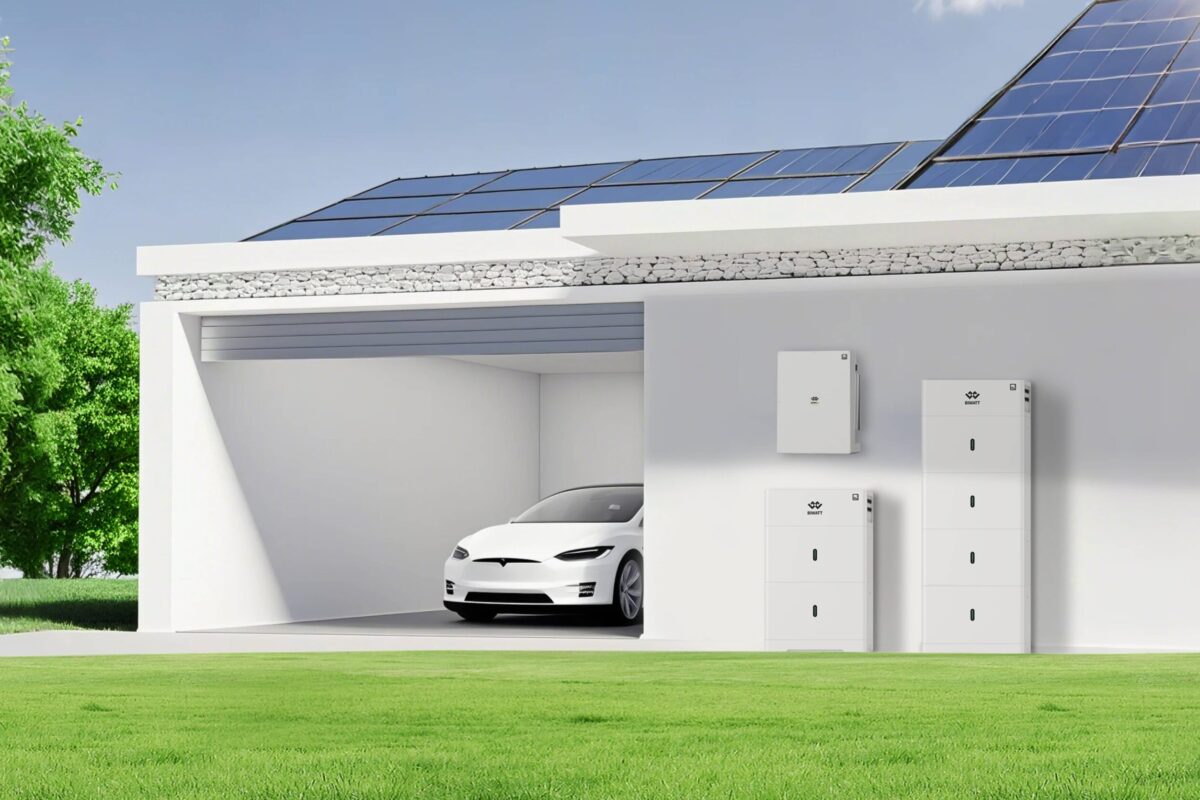The government of Indonesia said it will introduce legislation to allow power wheeling in its New Energy and Renewable Energy Bill.
Power wheeling will enable private companies to sell electricity directly to end users using the transmission and distribution networks owned by Indonesia's state-run electricity company, PLN.
The Jakarta-based Institute for Essential Services Reform (IESR), which had been calling for the inclusion of power wheeling in the bill, says the move will accelerate the development and adoption of renewable energy in Indonesia.
The institute also noted other benefits, including the improvement of electricity supply reliability and operational cost efficiency, as well as the promotion of electricity network expansion and collaboration across business sectors. In addition, it enables wider adoption of renewable energy technologies to support Indonesia's industrial and transportation sectors in decarbonization efforts, while easing PLN's burden by reducing the need to purchase electricity from developers.
IESR Executive Director Fabby Tumiwa said power wheeling has been regulated in the electricity law in the past, but has not been implemented. He said that power wheeling is essential, given Indonesia’s current electricity market structure.
“In this case, PLN, as the holder of an integrated business area, has the right to build and operate the transmission system, while other business actors do not,” Tumiwa said. “Therefore, the electricity network should be accessible to other parties to distribute electricity from the generator to the user, providing revenue for PLN through network rental fees.”
Tumiwa said the regulation of power wheeling must also be carried out strictly to maintain reliability and security of supply for consumers.
“For this reason, the government needs to develop clear guidelines on calculating wheeling tariffs not to harm network owners and system operators,” he said.
The IESR said it hopes the move will help Indonesia to meet its renewable energy mix targets and become carbon neutral by 2060 or earlier.
This content is protected by copyright and may not be reused. If you want to cooperate with us and would like to reuse some of our content, please contact: editors@pv-magazine.com.




By submitting this form you agree to pv magazine using your data for the purposes of publishing your comment.
Your personal data will only be disclosed or otherwise transmitted to third parties for the purposes of spam filtering or if this is necessary for technical maintenance of the website. Any other transfer to third parties will not take place unless this is justified on the basis of applicable data protection regulations or if pv magazine is legally obliged to do so.
You may revoke this consent at any time with effect for the future, in which case your personal data will be deleted immediately. Otherwise, your data will be deleted if pv magazine has processed your request or the purpose of data storage is fulfilled.
Further information on data privacy can be found in our Data Protection Policy.